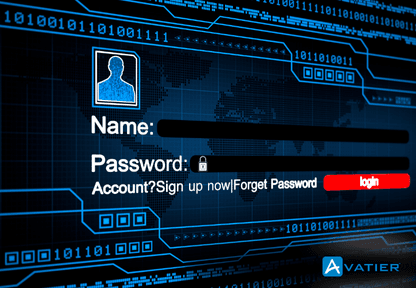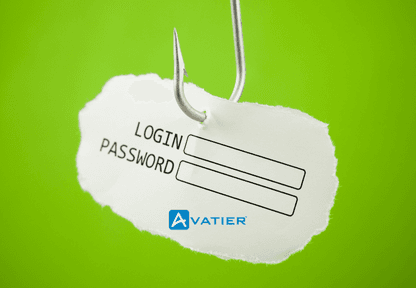August 13, 2025 • Mary Marshall
Inside a Security Breach: Could Managed Service Providers Have Prevented It?
Explore how managed service providers, like Avatier, could prevent security breaches, enhance IT infrastructure, and protect your business.
The prospect of encountering a security breach is daunting for any enterprise, irrespective of its size or sector. With the rising sophistication of cyber-attacks, the question isn’t merely whether an organization will face a breach, but rather, when. Cybersecurity Ventures predicts that the annual global cost of cybercrime will exceed $10.5 trillion by 2025. In this landscape, managed service providers (MSPs) play a critical role in reinforcing security postures and potentially preventing breaches before they occur.
Understanding the Breach Scenarios
A recent case study that caught widespread attention was the SolarWinds attack. This breach epitomized the vulnerabilities that large, interconnected networks face. Reports indicated that the breach affected approximately 18,000 SolarWinds customers, leaving sensitive information exposed to attackers. As organizations increasingly rely on MSPs for managing IT infrastructure, the role of MSPs in safeguarding against such hazards becomes more crucial.
Evaluating the Role of Managed Service Providers
MSPs typically offer a suite of services, ranging from network management to data storage, security, and compliance. Their expertise helps businesses that lack the resources or personnel to manage complex IT tasks internally. However, the onus on MSPs extends beyond mere management. They are critical in ensuring robust identity and access management (IAM), which includes capabilities like automated user provisioning, and self-service password resets, all of which MSPs, like Avatier, are perfectly positioned to offer.
Why MSPs?
One fundamental reason MSPs could potentially prevent breaches is their capability to implement zero trust architectures—an IT security model that assumes a breach is inevitable or has likely already occurred. Zero trust includes rigorous identity verification and continuous monitoring, which could have mitigated the access mismanagement observed in breaches like SolarWinds.
For enterprises contemplating robust identity management solutions, adopting Avatier’s Identity Anywhere approach not only unifies workflows to enhance security but also streamlines user experiences across platforms.
The Avatier Advantage in Risk Management
Avatier’s approach is distinguished by its AI-driven identity management capabilities, offering enhanced threat detection and response rates. Where traditional methods falter, AI and automation step in to identify anomalies swiftly and accurately. This is where Avatier’s automated user provisioning comes into play, ensuring that access is granted appropriately and revoked promptly as needed.
Statistics Speak Volumes
In a survey by IDG, over 90% of IT professionals believe that cyber-attacks are becoming more sophisticated. The belief also indicates a growing reliance on MSPs for cybersecurity strategies. Meanwhile, Gartner predicts that by 2023, 60% of enterprises that implement appropriate cloud visibility and management tools will experience one-third fewer security failures.
However, it’s important to distinguish between MSPs with advanced services, such as Avatier and those offering basic packages. Avatier goes beyond by integrating passwordless authentication and comprehensive IT service catalogues into their offerings, securing enterprises against foreseeable and emerging threats.
Automation: The Future of Security
An essential component of modern identity management is automation. Avatier’s IT service catalog user provisioning allows enterprises to automate workflows, reducing manual errors and administrative overhead. This leaves businesses with the bandwidth to focus on strategic initiatives rather than operational hassles.
Could the SolarWinds Breach Have Been Prevented?
While it’s simplifying a complex scenario to definitively state the breach could have been averted, there’s little doubt that MSPs like Avatier could have mitigated its impact. By applying automated breach response protocols and zero-trust principles, organizations could have isolated the affected systems quickly, minimizing damage.
More importantly, strong identity governance could have ensured privileged access was closely monitored and immediately investigated upon any sign of compromise.
Conclusion: Proactive Measures Over Reactive Fixes
Ultimately, the decision to partner with a comprehensive MSP may well determine an organization’s ability to withstand cyber threats. Avatier’s robust solutions not only support compliance and regulatory mandates but also empower organizations to adopt a proactive stance on IT risk management. The ability to foresee, adapt, and react to security incidents sets forward-thinking MSPs apart from their peers in creating a secure digital ecosystem for enterprises.
As organizations consider who best to trust with their IT and security operations, leveraging the expertise of a managed service provider adept in modern IAM, such as Avatier, might just be the first step in a sound defensive strategy against the next potential breach.









